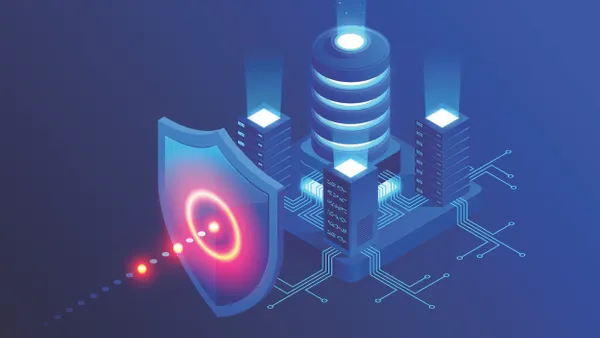Dive Brief:
- Earlier this week, Israel’s Energy Minister Yuval Steinitz said the country’s Electric Authority was being targeted by a “severe cyberattack,” according to the Times of Israel.
- Along with Israel’s National Cyber Bureau, the Electric Authority identified software to counter the breach, Steinitz said, but they had to “paralyze” some agency computers, which were still not functioning as they should.
- Among other things, the Electric Authority is the agency responsible for setting electricity rates and issuing operating licenses. A separate organization, the Israel Electric Corporation, is the country’s state-owned utility and is the primary electric provider.
Dive Insight:
Though one can argue any cyberattack is “severe,” utility providers are extra-sensitive to the potentially life-threatening consequences of breaches. For some time, officials around the world have warned of the potential dangers of attacks on infrastructure. Now they can cite last month’s blackout in Ukraine as an example of what could happen. The attack on the Ukrainian utility was the first proven malware-caused blackout and temporarily left hundreds of thousands of homes without power.
The ongoing attack on Israel’s Electric Authority did not disrupt electricity distribution in the region, but it still sent a jolt through officials, reminding them to remain vigilant in providing cyber protection. Unlike many countries, Israel has taken both offensive and defensive measures to thwart cyberattacks.
In July, Israel’s National Cyber Authority warned of a potentially massive cyberattack, and told officials to prepare for anything, according to the Times of Israel.
Israel is an international leader in cybersecurity, particularly with research and and development and is said to export $3 billion in knowledge each year, according to the Times of Israel. The country also has a thriving network of cybersecurity startups, with 67 of them receiving venture capital funding in the last six years, according to a TechCrunch report.













